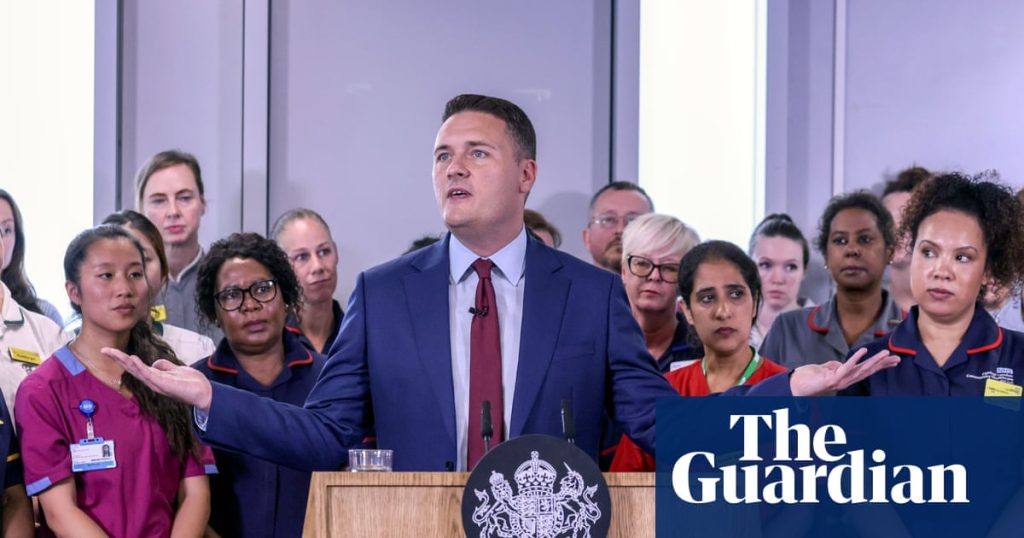Jeremy Hunt’s article (Here’s the direct effect of our NHS blame culture: babies die. Tragedy after tragedy, it can’t go on, 9 October) will be welcome to many, especially those healthcare professionals who have had to endure the intimidating mistrust and adversarial working culture he describes.
What is missing from his account is the seminal role of government’s NHS reforms in creating these problems. In particular, the creation, then proliferation, of commercialised and competing autarkic NHS trusts and outside providers over many years. This has generated a growing culture of corporate defensiveness and reputation anxiety. Within such conditions, practitioners then adapt to behave much like employees in large commercial organisations – they must show compliance, “loyalty”, conformity and seamless performance, albeit speciously.
This tendency has increased with every reform over the last 40 years; each has carried forward a neoliberal agenda – both Labour and Conservative governments have devised policies and managements to assure this. The currently vaunted 10-year plan will merely entrench the problems Jeremy Hunt has otherwise so adroitly observed and understood.
Dr David Zigmond
Executive committee, Doctors for the NHS
Jeremy Hunt rightly points to the reluctance of healthcare workers to admit when errors have been made, and praises the example of a midwife meeting the father of a baby who died, where she expressed remorse and wished she had acted differently. This honesty led to forgiveness and improved confidence that lessons had been learned.
It strikes me that, in general, politicians are similarly reluctant to admit when they get it wrong. Jeremy Hunt’s imposition in 2015 of a new contract on junior doctors (now called resident doctors) was on the false premise that if they could be forced to work more at weekends this would reduce delayed treatments and discharges.
He failed to recognise that this simplistic solution would also require ancillary services – investigations, physiotherapy, social work – to be fully funded and operational seven days a week. The resulting doctors’ strike and subsequent imposition of the contract caused huge resentment. Perhaps it is a case of “politician, heal thyself”?
Dr Richard Sloan
Retired palliative medicine consultant, Dorchester, Dorset
Jeremy Hunt’s comments are well meaning but not original, and he had adequate opportunity to change the system. The most significant call to end the blame culture was by Prof Donald Berwick 25 years ago in his seminal publication To Err Is Human. The Department of Health then published An Organisation With a Memory, which spelled out constructive error management, but in the NHS Patient Safety Strategy of 2019 (after Hunt had been health secretary for six years), it was stated that we need to do more to change the culture.
Let’s hope the 10-year plan will help to deliver that change through making it easier for patients and public to speak up.
Dr Eric Watts
Former chair, Doctors for the NHS
While I agree with Jeremy Hunt’s view on promoting a no-blame culture, implementing that is easier said than done. It is not just litigation that acts as an impediment to learning. Other factors such as complaints processes, coroners’ inquests (which have become increasingly adversarial) and even the threat of referral to professional bodies all act as a deterrent to a culture of openness and self-reflection.
Dr Ian Freeman
Consultant paediatrician, Manchester

